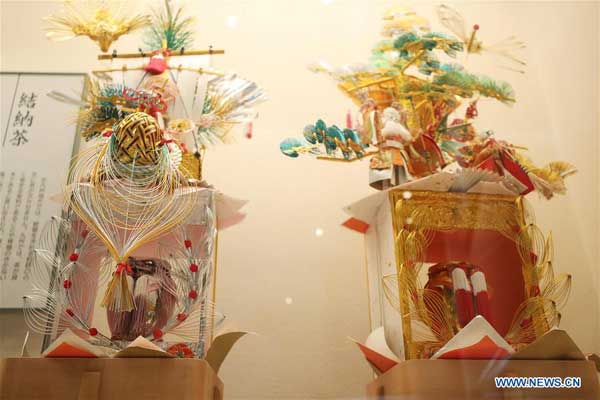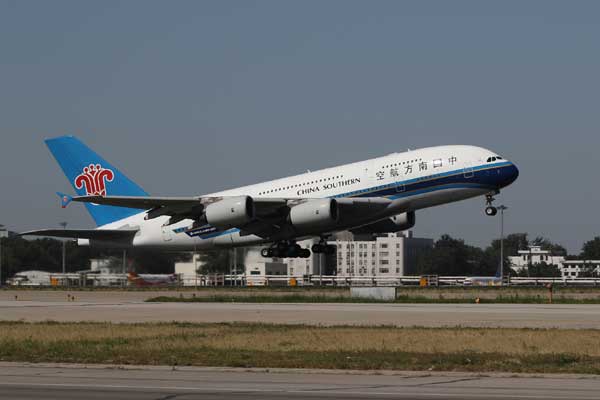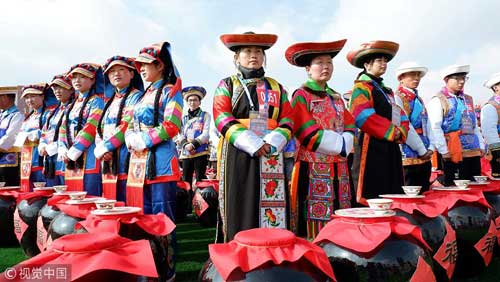This is the system in which officials were selected through different levels of
examinations. After Emperor Wen of the Sui Dynasty reunified China in 581, he
abolished the system of selecting officials on the basis of family background
or moral character. In 605, the first year of the reign of Emperor Yang of the
Sui Dynasty, the system to select officials through imperial civil examinations
was officially established. From then on, examination subjects, content, and
recruitment standards varied from dynasty to dynasty. The jinshi, the highest
level and the most difficult of imperial civil examinations, was always the most
revered by scholars. In the Yuan and Ming dynasties, examination content was
based on the Four Books and the Five Classics and had to be answered in the
form of the "eight-legged" essay and refer to Commentaries on the Four Books
and other classics. In 1905 Emperor Guangxu of the Qing Dynasty issued an
edict abolishing the imperial civil examination system.
For 1,300 years since the Sui Dynasty, the imperial civil examination system
was the main method for selecting officials, which had a broad and profound
influence on Chinese society. It hastened the transformation of aristocracybased
politics to bureaucracy-based politics and had multiple functions such
as educating people, selecting officials, choosing talent through examinations,
social stratification, and carrying forward the traditional culture.



 ][
][ 











